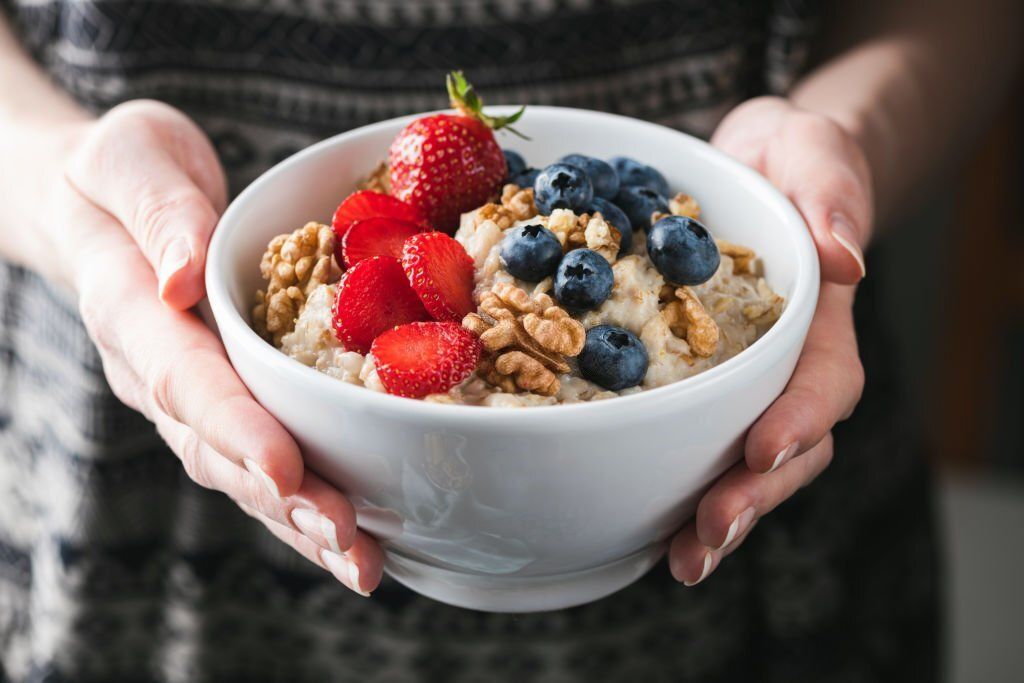This article is reviewed, corrected, and approved by: Julia Weiss CNP| RN | MPH
Imagine your body as a complex maze of pathways and signals. Sometimes, two common issues like nausea and constipation, find themselves on unexpected roads that meet. While they might seem unrelated, they can actually team up to make you feel uncomfortable.
Let's take a closer look at how these two issues connect and what you can do to ease their effects. A deeper understanding of how nausea and constipation are linked can help us better grasp and empathize with the discomfort individuals may feel. We will explore together the causes and the connection between nausea and constipation and discuss ways to alleviate them naturally.
What is Nausea?
Nausea is when your stomach feels uneasy, like it's not happy with what's going on inside. It creates the sensation that you might vomit and gives the impression that vomiting is imminent.
The Cause of Nausea
Nausea is a discomforting sensation often accompanied by the urge to vomit, as we discussed earlier. It commonly arises in various situations, such as motion sickness or illnesses, and can be described as a queasy feeling in the stomach and throat. As it turns out, nausea is not an illness but a symptom of more than a normal issue.
Causes of nausea are diverse and can include:
- Digestive Issues: Upset stomach, indigestion, or acid reflux (GERD) may trigger nausea.
- Infections: Viruses and bacteria can cause nausea, including the flu and food poisoning.
- Motion Sickness: Discrepancies between visual input and motion sensations can cause nausea during travel.
- Pregnancy: Nausea and vomiting, known as morning sickness, are common during pregnancy.
- Other Medical Conditions: Certain conditions like migraines or gallbladder disease can induce nausea.
What is Constipation?
Irregular or difficult bowel movements can be a real pain in the gut. It's pretty common and can be a major pain in the butt. It occurs when stool becomes dry, hard, and challenging to pass.
Individuals with constipation often experience discomfort, bloating, and a sense of incomplete evacuation after attempting to use the restroom. It's quite common to experience occasional constipation, and it's usually nothing to worry about. However, if you're dealing with chronic constipation, it can lead to a slew of difficulties and discomforts.
The Cause of Constipation
Constipation can be caused by different factors, including
- Dietary Choices: The consumption of processed foods, insufficient fluid intake, and a lack of fiber food contribute to constipation.
- Lifestyle Factors: A sedentary schedule and a lack of being physically active might cause bowel motions to be delayed.
- Medications: Many people experience constipation as a side effect of certain medications, including opioids, antacids that contain aluminum, and antidepressants.
- Medical Conditions: Suffering from chronic constipation icd 10 can be a real challenge, especially when it's caused by conditions like irritable bowel syndrome (IBS), thyroid disorders, and neurological conditions.
- Ignoring the Urge: Overlooking the natural urge to have a bowel movement can cause stool buildup and constipation.
How To Relieve Nausea from Constipation?

Here are some easy-to-relieve nauseous from constipation.
- Increase your Fiber Intake: Consume more fiber-rich foods like fruits, vegetables, and whole grains to aid digestion.
- Probiotics: Incorporate yogurt, kefir, or probiotic supplements to maintain a healthy gut balance. You can learn about the best probiotic supplements from this interesting article: 5 Must-Buy Gluten Free Probiotics to Boost Digestion
- Try to Avoid Trigger Foods: Steer clear of fatty, fried, and processed foods that can worsen constipation and nausea.
- Eat Smaller and Frequent Meals: It is recommended to choose smaller and more frequent meals in order to avoid overwhelming the digestive system.
- Colon Massage: To alleviate bloating and discomfort, it is recommended to massage your abdomen in a circular motion gently.
- Sufficient Fluid Intake: Increasing fluid intake, changing your diet, and exercising can help you eliminate constipation.
- Mindful of Your Body's Natural Urges: Pay attention to natural urges to prevent stool buildup.
- Seek Help: Consider medications under medical guidance to alleviate constipation.
Lastly, proper treatment of these issues can alleviate digestive problems and minimize nausea, leading to better overall health and wellness.
Differences Between Nausea and Constipation
The Link Between Nausea and Constipation
Nausea linked to constipation can create a unique and uncomfortable experience. The discomfort arises from the intricate relationship between the digestive system and the body's response to constipation-induced pressure and changes. As constipation persists and stool accumulates in the colon, several factors contribute to the sensation of nausea:
Abdominal Distress
Dry and hard stool accumulation in the colon causes abdominal distention and discomfort. This places pressure on nearby organs, including the stomach, triggering queasiness.
Nerve Stimulation
Constipation-induced pressure stimulates abdominal nerves, sending signals to the brain. Nerve stimulation can lead to a sensation of nausea as the body signals digestive system distress.
Toxin Accumulation
Chronic constipation icd 10 hinders timely waste and toxin elimination. Accumulated toxins in the intestines trigger nausea as a defense mechanism.
Gas Buildup
Slow bowel movements due to constipation lead to trapped gas accumulation in the intestines. This gas buildup contributes to overall nausea.
Indirect Effects on Appetite
Constipation-related discomfort can influence appetite and eating habits, potentially causing nausea due to altered digestion.
The Impact of Nausea and Constipation on the Body
Constipation triggers a chain of events that leads to feelings of nausea through abdominal pressure. Stool accumulation in the colon creates distention, which presses on nearby organs. This pressure disrupts stomach function, stimulates nerves, activates the vagus nerve, and initiates reflexive responses, all of which contribute to the sensation of nausea.
Conclusion
Nausea and constipation might seem unrelated, but they are interconnected. Constipation leads to stool accumulation in the colon, creating pressure on surrounding organs and triggering discomfort, including nausea. Gas and toxin buildup in the intestines due to constipation can further contribute to nausea.
Addressing constipation not only alleviates bowel-related issues but also reduces accompanying nausea. Nausea and constipation are both common issues that people often face.
By following the 8 steps mentioned above, you can easily relieve nausea from constipation and feel comfortable. But if you regularly face these kinds of issues, you should talk to a doctor in the first place.
Frequently Asked Questions (F.A.Q)
Q: Can constipation cause nausea?
A: Yes, constipation can lead to nausea.
Q: Can constipation cause UTI?
A: Constipation doesn't directly cause UTIs but can contribute to their risk by pressing on the urinary tract.
Q: Do antibiotics cause constipation?
A: Antibiotics can sometimes cause constipation as a side effect of causes of their ingredients.
Q: Can melatonin cause constipation?
A: Melatonin is unlikely to cause constipation as a direct side effect.


